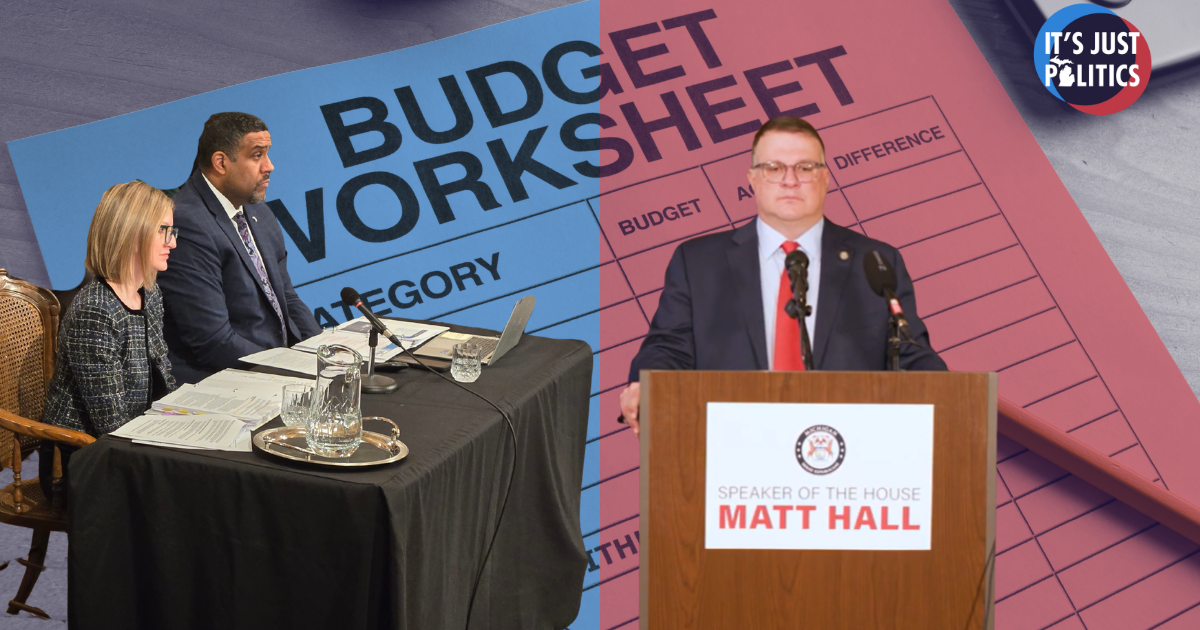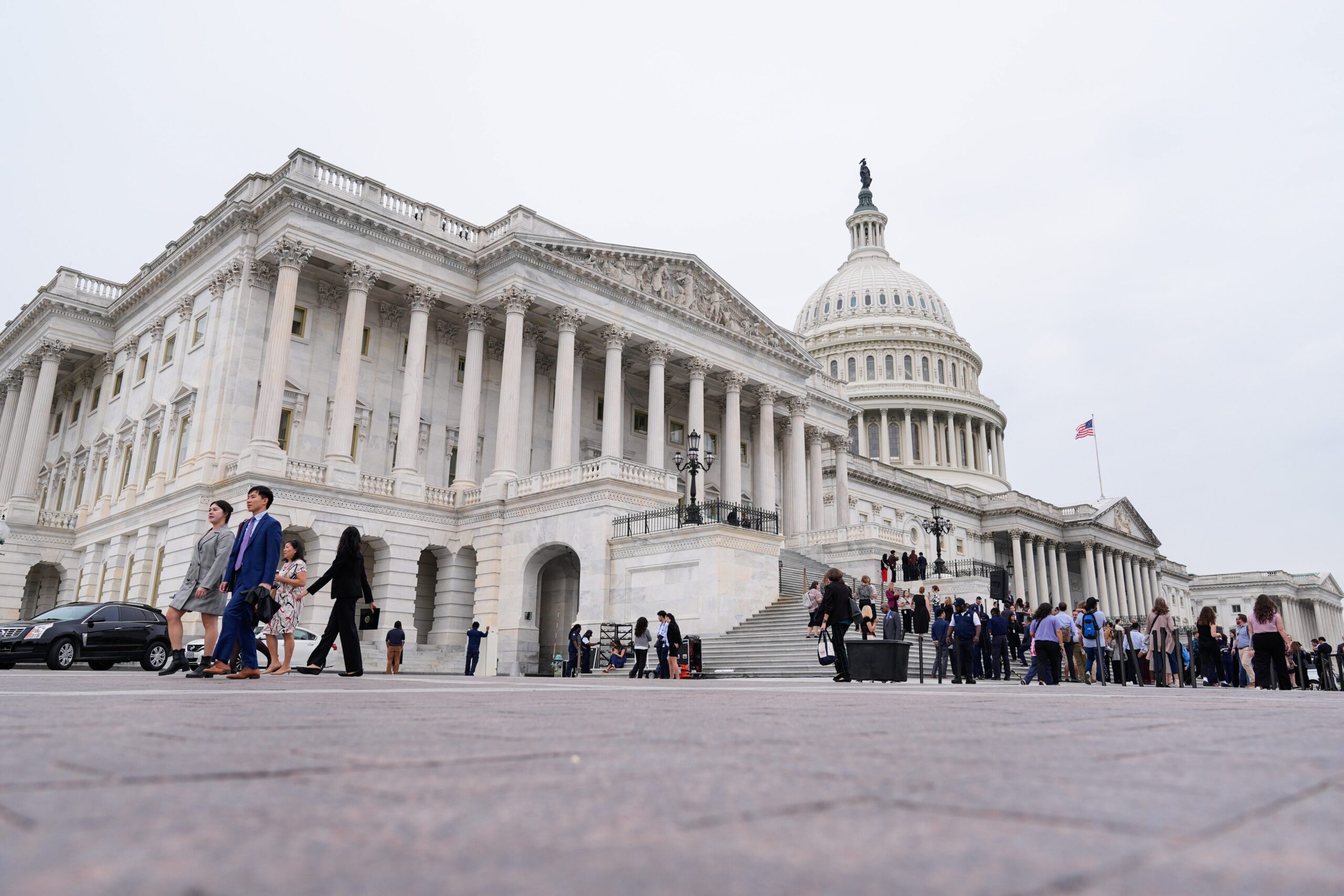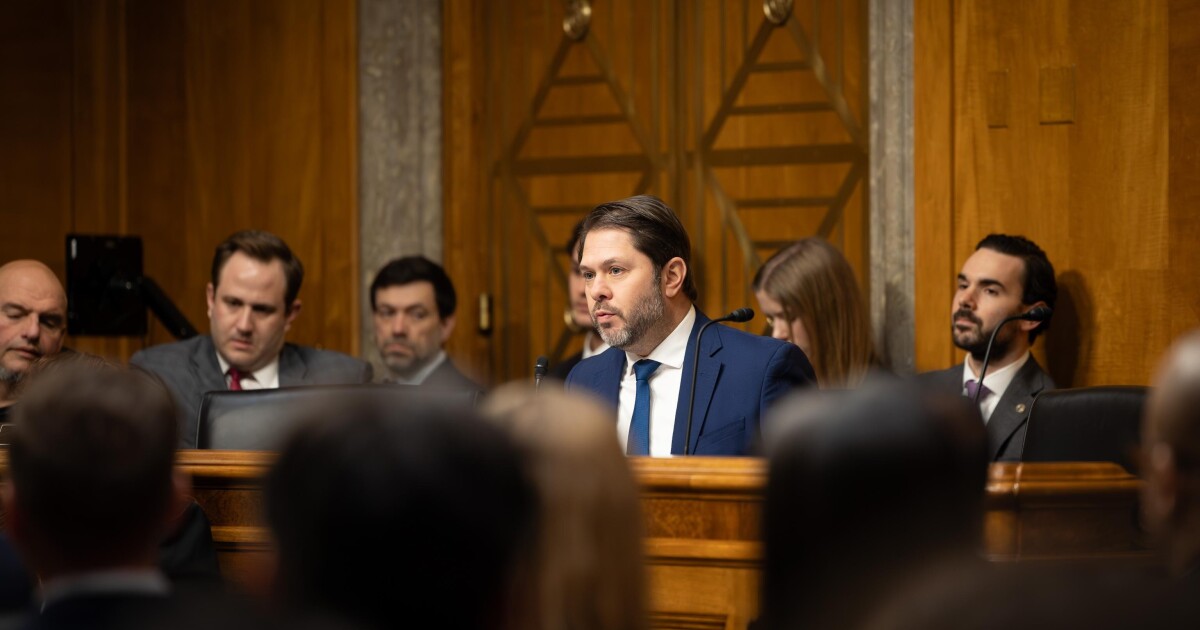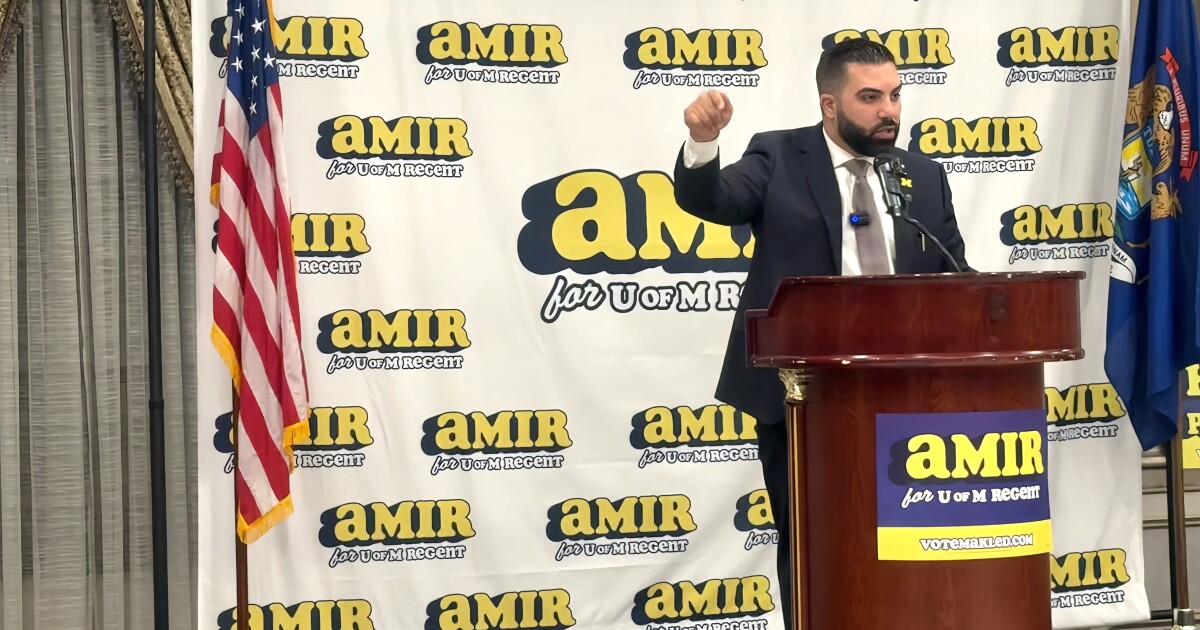Recent challenges in securing federal funds have left Michigan’s Head Start programs grappling with financial uncertainty, impacting payroll and daily operations. Despite the essential role these programs play in supporting low-income families, delays in funding have caused significant concern.
MaDonna Princer, the executive director of Head Start in Kent County, highlights the broader implications of these delays, noting the community-wide benefits that extend beyond providing free preschool. As she explained to Michigan Public, “It’s not as simple as just saying that, you know, children don’t get to come to preschool. That’s far too simplified of the impact of this.” For more details, see the full interview here.
The issue originated from a temporary funding halt announced by the Trump administration in January, which was quickly reversed. Despite this, the Office of Management and Budget continues to review federal expenditures, causing ongoing delays in funding distribution to programs like Head Start. This year, federal contributions have noticeably decreased compared to the previous year, as reported by the Associated Press here.
Typically, Head Start programs operate on a system where funds are deposited by the federal government, allowing programs to request up to three days’ worth of funding at a time. These requests are generally processed swiftly, ensuring prompt payment to staff. Princer, who has been with the program for 26 years, noted that until January, this process had been seamless.
However, recent weeks have seen delays in fund transfers, with Princer experiencing a one-day delay last week and a more concerning two-day delay this week, coinciding with payroll deadlines. Robin J. Bozek from the Michigan Head Start Association attributes some of these challenges to the closure of the regional Office of Head Start in Chicago on April 1, which has contributed to funding instability.
Further complicating matters, some programs have received requests for additional information from the Department of Government Efficiency, under Elon Musk’s leadership, before receiving their funds. Bozek explains that even after providing the necessary documentation, programs may still encounter hurdles in accessing funds.
Regional Office Closures
The shuttering of five regional offices by the U.S. Department of Health and Human Services, including the one in Chicago, has been a point of concern for the National Head Start Association. The closure could impede essential support for these programs, as detailed in their statement.
Princer expressed uncertainty about ongoing projects, such as teacher waivers, which now face procedural limbo without a regional liaison. This waiver process is crucial for hiring qualified teachers nearing graduation in the spring.
Ongoing Uncertainty
While it is common for the remainder of the Head Start grant to be deposited by April, this year’s funds have yet to be reflected in the payment management system, despite the budget being finalized in March. Princer warns that without updates by mid-May, there could be further disruptions in accessing the allocated funds.
The potential impact of these funding issues is significant, affecting not only early learning but also the broader community and economic landscape. Bozek underscores the vital role of Head Start programs, which serve over 27,000 children and employ thousands in Michigan.
Amidst these challenges, a preliminary budget from the Trump administration proposes significant cuts to discretionary spending, including the elimination of Head Start funding. Yasmina Vinci of NHSA responded, stating, “This proposal does not reflect fiscal responsibility — it reflects a disinvestment in our future. Eliminating funding for Head Start would be catastrophic.”
Further insights into these developments can be found in the Washington Post.
—
Read More Michigan News










